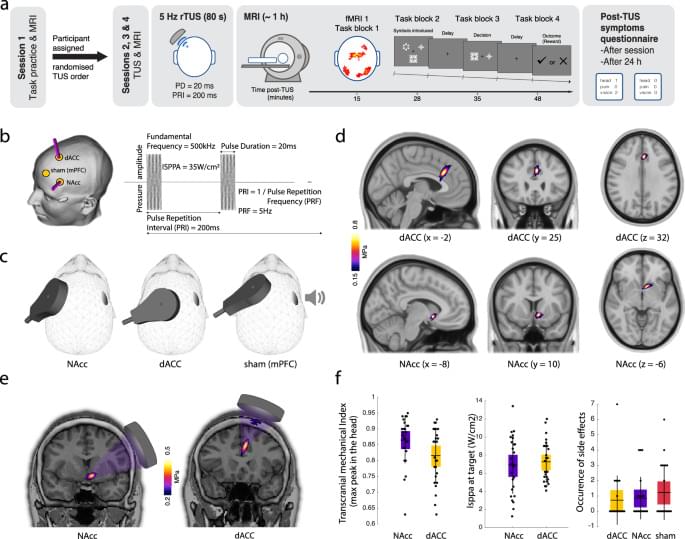CSF α-Synuclein Seed Amplification Assays and Alzheimer Disease Biomarkers in Dementia With Lewy Bodies: Presentation and Progression.


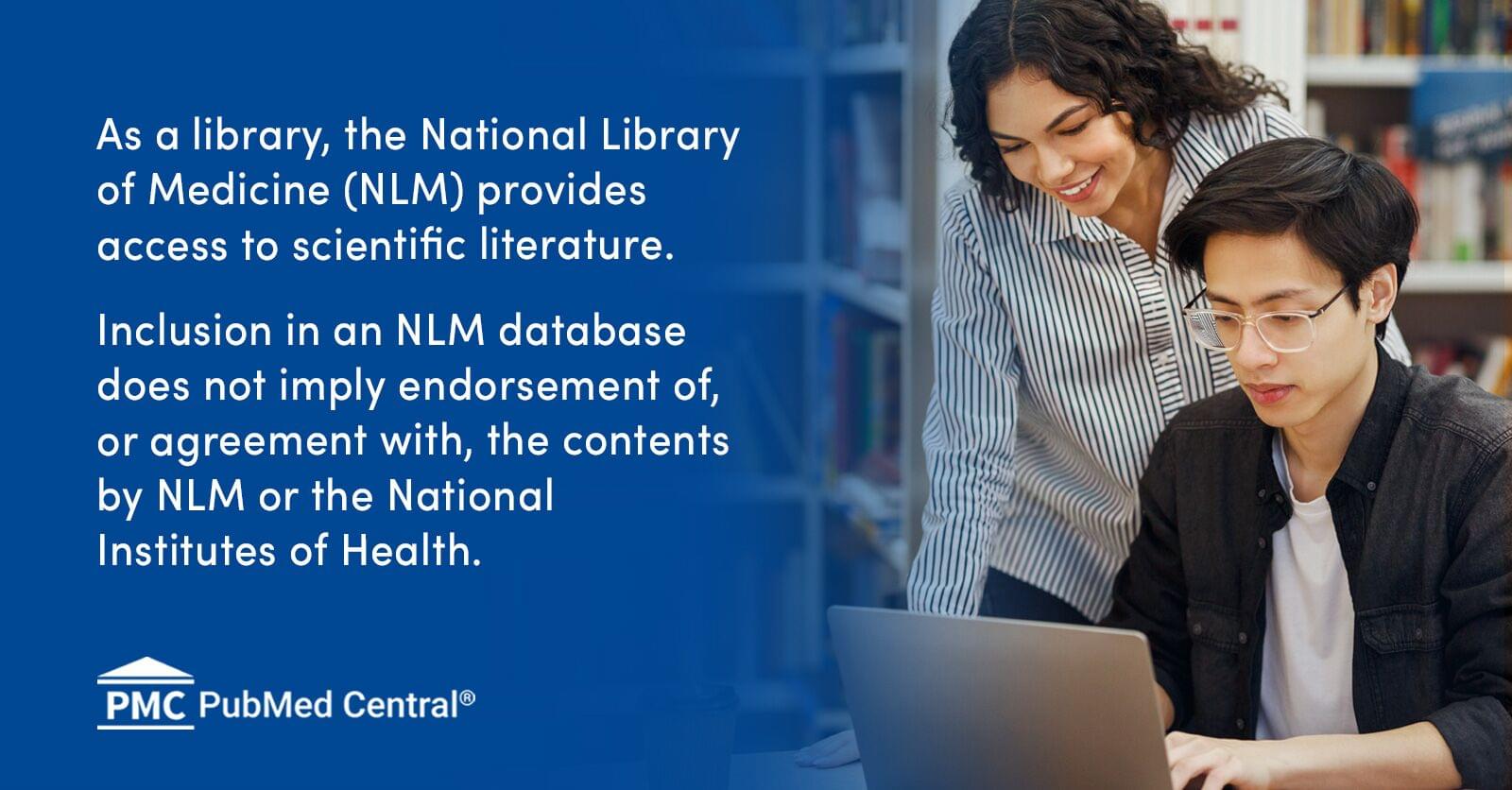
In line with the original observation by Selye of an involution of the thymus and other lymphoid organs in response to stress (205) and the subsequent demonstration of the immunosuppressive effects of glucocorticoids (101), glucocorticoids have traditionally been seen as the hormonal mediators of the immunosuppressive effects of stressors. We will not delve into the details of the vast literature on the effects of stress on immunity, as this topic has been reviewed on several occasions and it is not directly relevant to the present review (3, 9, 160, 169, 204, 220).
Glucocorticoids act on their cellular targets by binding to glucocorticoid receptors (GRs). GRs normally reside in the cytosol in the form of a protein complex that brings together heat-shock proteins and FK506 binding protein 52. Upon binding to their ligand, GRs dissociate from this complex to form monomers or dimers and translocate to the nucleus The anti-inflammatory effects of glucocorticoids are mediated by transcriptional repression following nuclear translocation and tethering of monomeric GRs to the glucocorticoid-response elements of transcription factors such as NF-κB, activator protein (AP)-1, and IFN-regulating factor-3 (234). This results in the downregulation of genes coding for inflammatory mediators, enzymes, and adhesion molecules. Although the hypothesis is still controversial, GR dimerization and transactivation are thought to play an important role in the anti-inflammatory activity of glucocorticoids. This phenomenon is illustrated by data obtained in GR(dim/dim) mutant mice that show reduced GR dimerization and increased sensitivity to TNF-induced inflammation, and to experimental models of sepsis induced by LPS or cecal ligation and puncture (123, 235).
Glucocorticoids can be proinflammatory under certain conditions. This effect can be secondary to the selection of corticoid-resistant inflammatory cells, such as pathogenic Th17 cells that overexpress IL-23 receptor and multidrug-resistance protein and that are found in inflamed gut tissue from patients with Crohn’s disease (186). The proinflammatory effect of glucocorticoids may also result from inhibition of the production and release of anti-inflammatory factors, or conversely from enhanced production and release of proinflammatory mediators. In the first case, dexamethasone administered 24 h before LPS was found to enhance the placenta’s proinflammatory cytokine response to LPS as a consequence of the inhibition of lipoxin A4 synthesis (255). In the second case, it is the dose of glucocorticoids that makes the difference: as mentioned above, physiological glucocorticoid levels can be proinflammatory in some circumstances, whereas high or pharmacological levels are anti-inflammatory. For instance, low doses of glucocorticoids increase the production of macrophage migration inhibitory factor, and this effect is sufficient to override glucocorticoid-mediated inhibition of cytokine production and release by LPS-stimulated monocytes (39).

An international collaboration led by Cornell researchers used a combination of psilocybin and the rabies virus to map how—and where—the psychedelic compound rewires the connections in the brain.
Specifically, they showed psilocybin weakens the cortico-cortical feedback loops that can lock people into negative thinking. Psilocybin also strengthens pathways to subcortical regions that turn sensory perceptions into action, essentially enhancing sensory-motor responses.
The findings were published Dec. 5 in Cell. The lead author is postdoctoral researcher Quan Jiang.
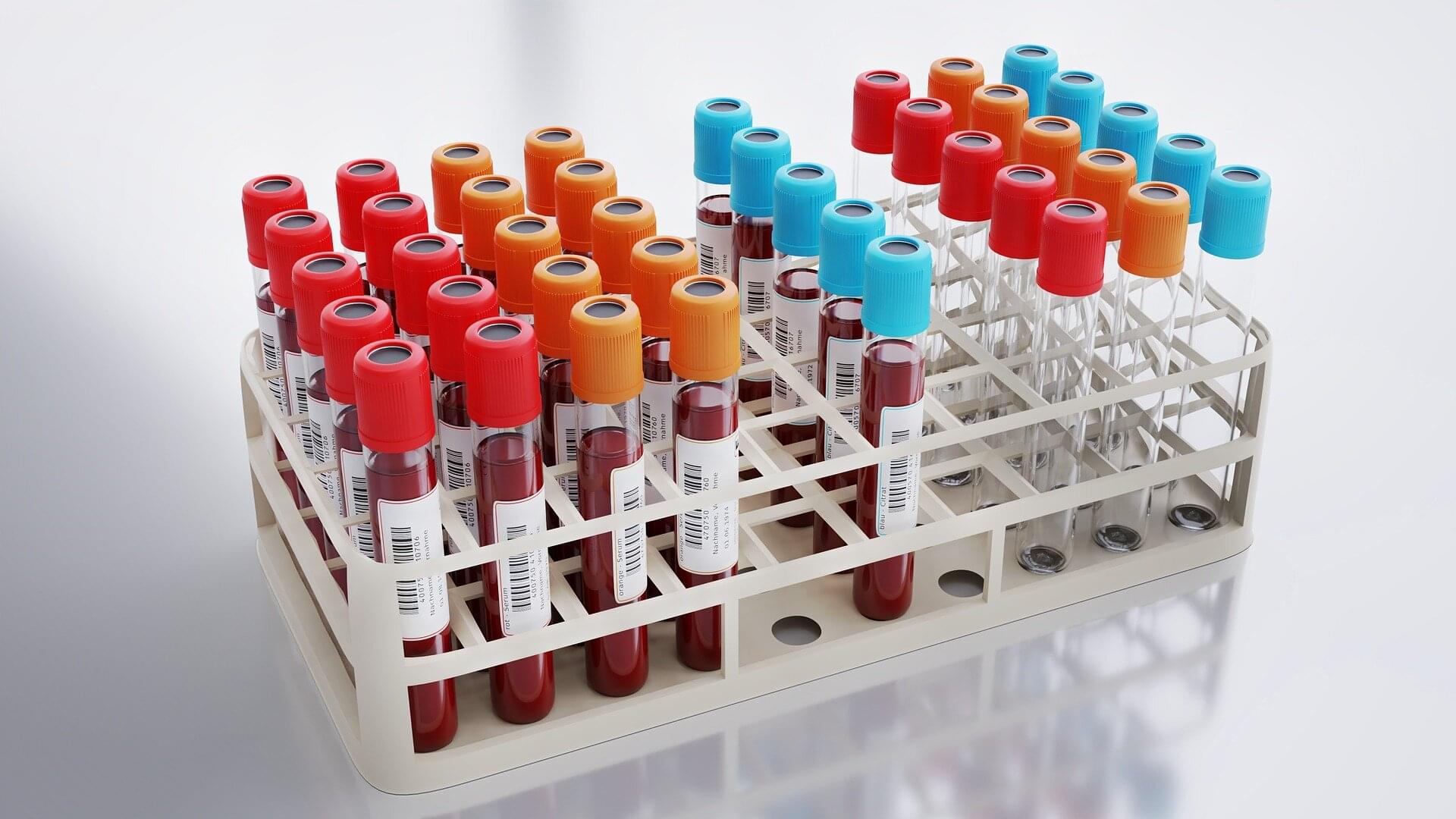
People with impaired kidney function have higher levels of Alzheimer’s biomarkers in their blood, but not an increased risk of dementia, according to a study published in Neurology.
The study does not prove that poor kidney function causes higher levels of Alzheimer’s biomarkers in the blood, it only shows an association.
Kidneys remove waste and toxins from the blood, which are then excreted in urine.
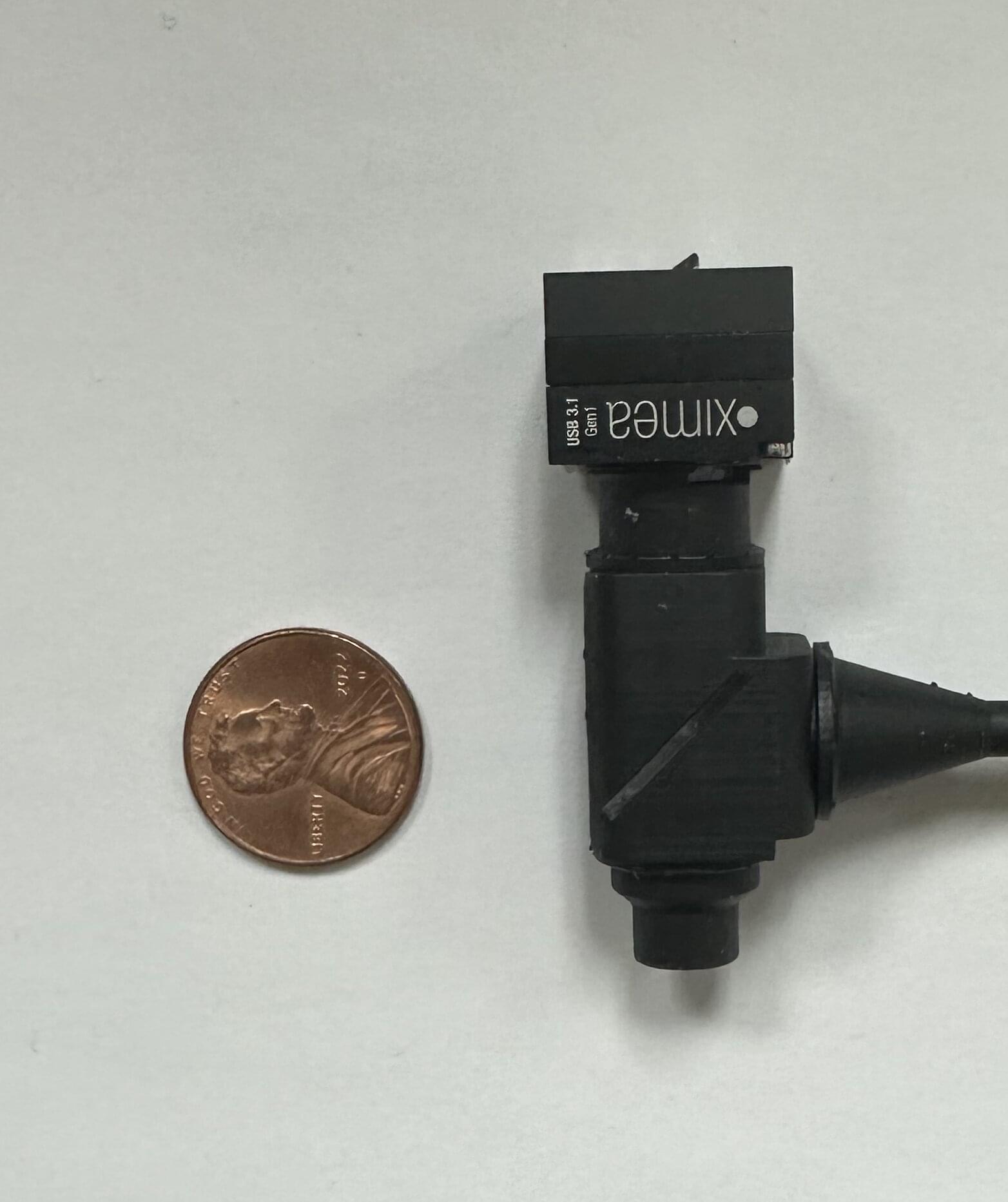
Researchers have built a tiny, lightweight microscope that captures neuron activity with unprecedented speed that can be used in freely moving animals. The new tool could give scientists a more complete view of how brain cells process information during natural behavior.
The microscope is designed to image genetically encoded voltage indicators —fluorescent dyes that rapidly change brightness when a neuron fires—through a small window in the skull while the animal is awake.
“Unlike most miniature microscopes that track slower calcium signals, ours captures electrical spikes at hundreds of frames per second,” said Emily Gibson from the University of Colorado Anschutz Medical Campus. “This makes it possible to capture the moment a neuron fires as well as the quieter signals that build up inside neurons before firing.”
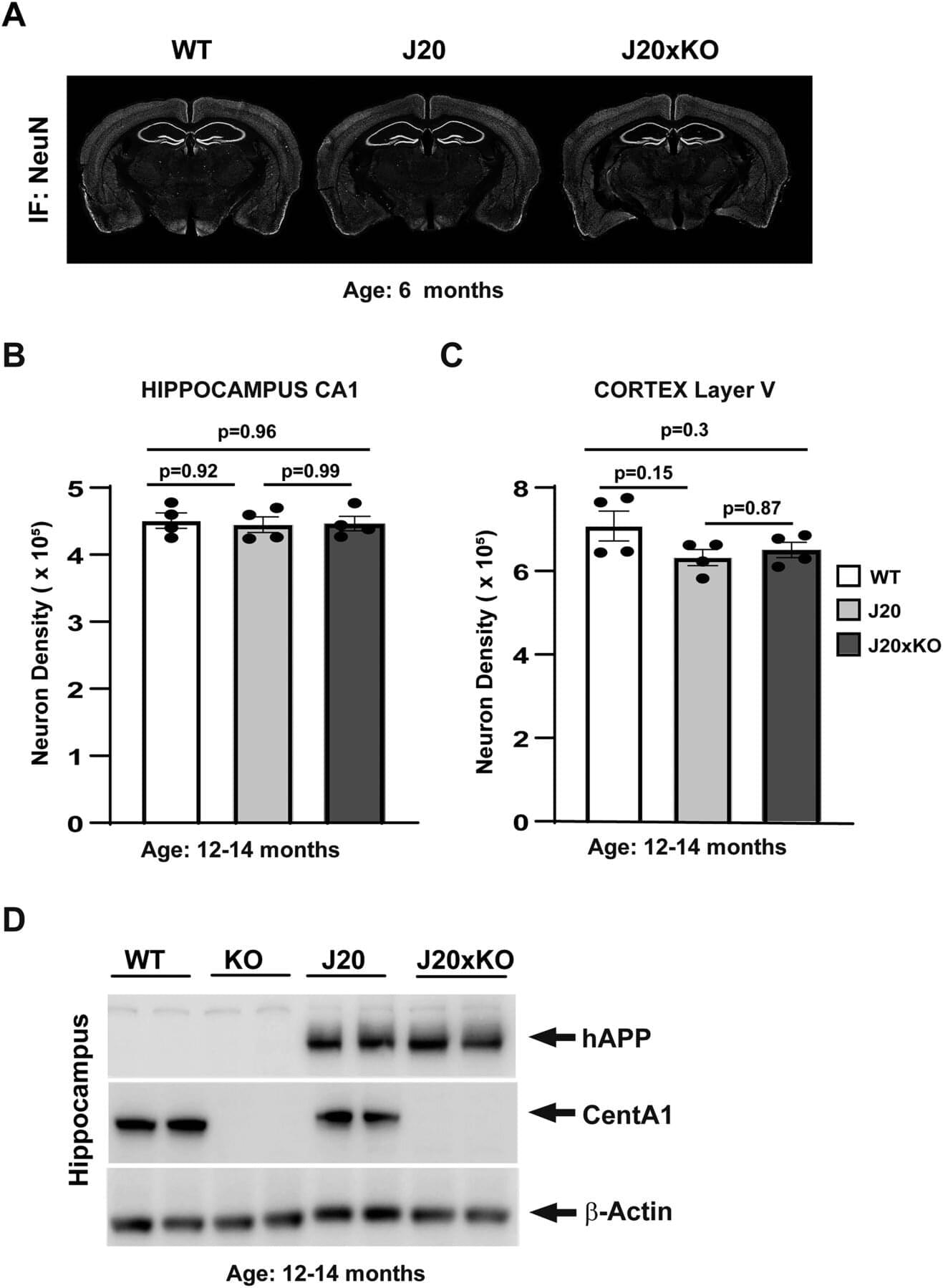
New research published in the journal eNeuro examined whether eliminating a protein that is elevated in the brains of those with Alzheimer’s could prevent or reduce damage and behavioral symptoms in a mouse model of Alzheimer’s disease.
“Previous work from our research team and others found evidence that a specific protein named Centaurin-α1 is involved in the progression of Alzheimer’s damage within neurons,” explained lead author of the study, Dr. Erzsebet Szatmari. “To confirm the role of this protein and see if it might be a good therapeutic target, we tested whether genetically removing it would prevent or slow disease progression in a mouse model of the disease.”
The scientists used a well-characterized model of Alzheimer’s disease in mice. The disease model (called J20) contains two genetic mutations associated with rare familial variants of Alzheimer’s disease. These animals develop changes in brain tissue and behavioral deficits characteristic of many symptoms seen in human Alzheimer’s disease, including neuroinflammation, accumulation of neuronal plaques, synapse loss, and impairments in spatial memory and learning.

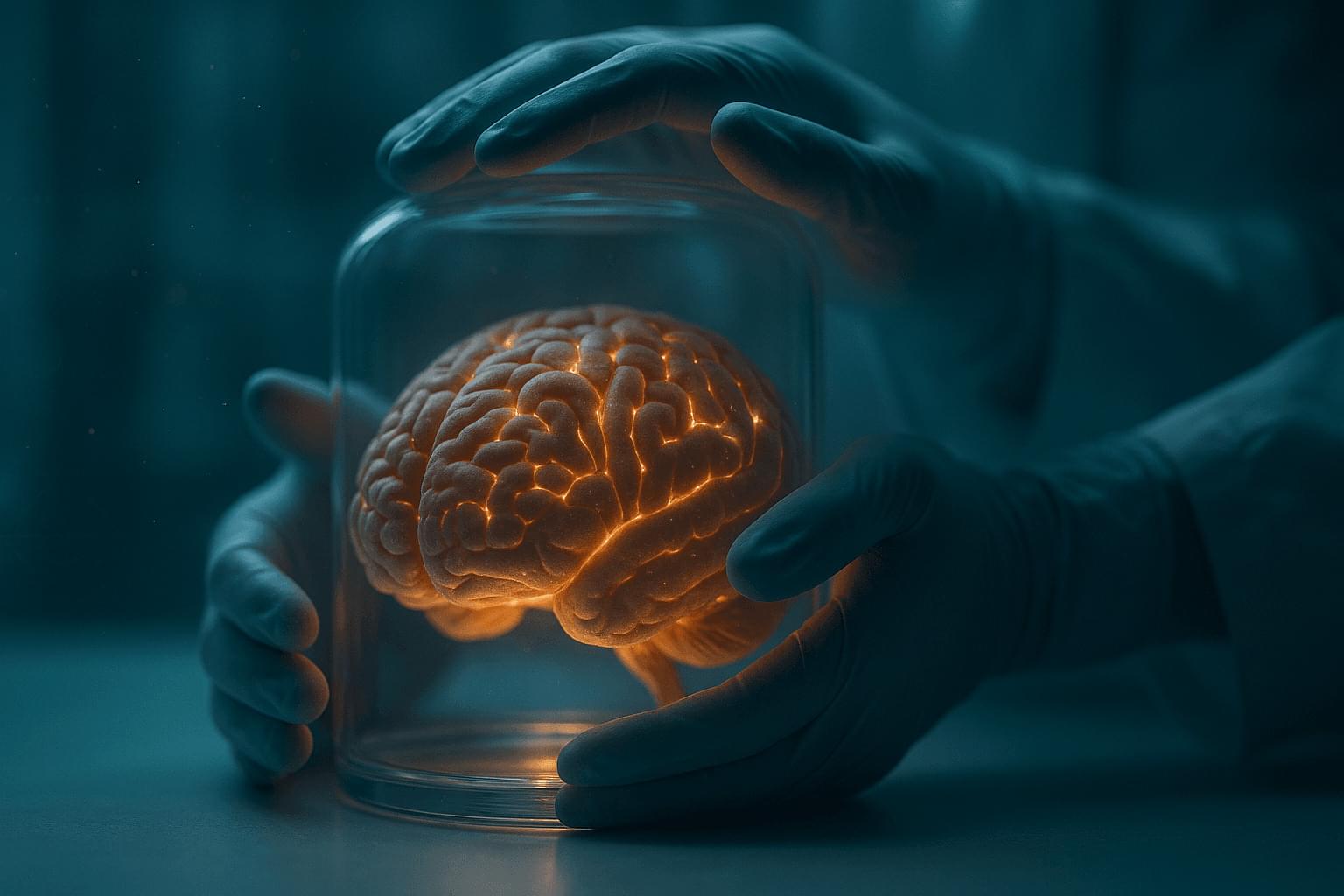

“The long-term use of CBD is associated with less intense aggressive behaviors in dogs.”
Can cannabidiol (CBD) help dogs in the same way it helps humans? This is what a recent study published in Frontiers in Veterinary Science hopes to address as a team of scientists investigated the benefits of incorporating CBD products into dog products. This study has the potential to help scientists, legislators, and the public better understand the health benefits of CBD for both humans and animals.
For the study, the researchers analyzed data obtained from the Dog Aging Project (DAP), which is an organization designed to gain insight into dog aging, lifestyle, diet, and environmental factors. Surveys were conducted from 47,444 dog owners between December 2019 and December 2023, with the first surveys being s baseline regarding a dog’s overall health status, while the second survey was used to ascertain the amount of CBD or hemp the owners fed their dogs while also assessing changes in behavior and/or health.
In the end, the researchers found that healthy dogs were less likely to use CBD, whereas dogs with limiting health conditions like dementia, epilepsy, or cancer were more likely to use CBD. Additionally, CBD-use dogs were found to exhibit less aggressive behavior compared to non-use dogs. Finally, the team found that states where CBD was legal had higher rates of dogs using CBD.
